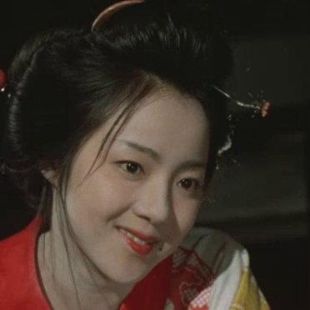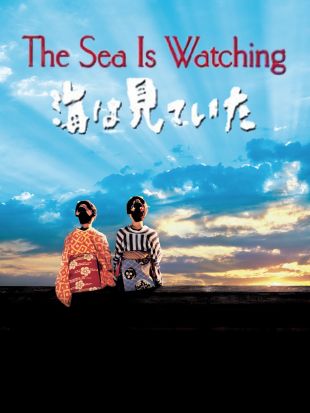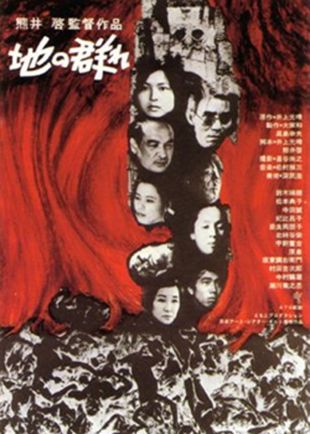Often overshadowed by the achievements of his better-known contemporaries within the Japanese film industry, such as Akira Kurosawa and Yasujiro Ozu, filmmaker Kei Kumai nonetheless reigned supreme in terms of raw cinematic craftsmanship. Over the course of nearly six decades, Kumai acquired and honed a reputation for creating unapologetically adult-oriented dramas that consistently explored social themes relevant to Japan. In the process, Kumai swept up a veritable pantheon of awards from the world's top festivals, including Berlin, Montreal, Venice, and San Sebastian.
The Nagano-born Kumai joined the Nikkatsu Film Studios in the early '50s and, over the course of six years, worked his way up through the ranks to the level of screenwriter and director. He debuted as a helmer with Teigin Jiken: Shikeishu in 1964, and crafted five additional films prior to his critically acclaimed 1974 breakthrough: Sandakan Hachibanshokan Bohkyo. Released in various territories under the alternate titles Sandakan No. 8 and Bokyo, the picture dramatizes the plight of a woman forced into prostitution in pre-WWII Borneo.
Though Kumai continued film work up through the time of his 2007 death, and chalked up a hefty catalogue, his only other transcendent international success was 2002's Umi Wa Miteita (aka The Sea Is Watching). Directed from a script by Akira Kurosawa, the picture explores the love affairs between a geisha named O-Shin (Nagiko Tohno) and each of two samurais. The picture received favorable American reviews when it premiered in the U.S. in July 2003. Additional Kumai titles include Tunnel to the Sun (1968), Oginsaga (1978), and Uni To Dokuyaku (1987).
The failure of Kumai's recognition to travel outside of the Japanese borders is probably attributable to the indigenousness and cultural specificity of his various subjects, which are deemed by some as less universalistic than the works of other major Japanese directors. Kumai died of a brain hemorrhage on May 23, 2007, in Tokyo, Japan.


